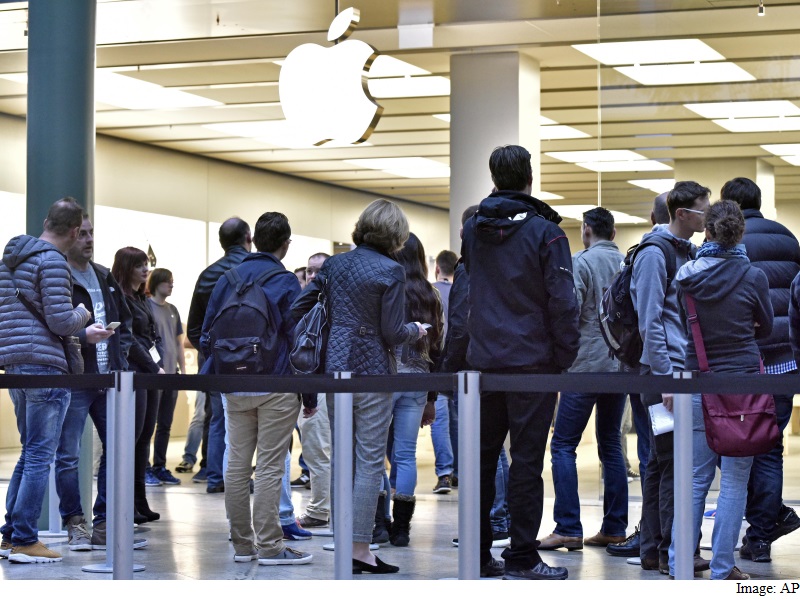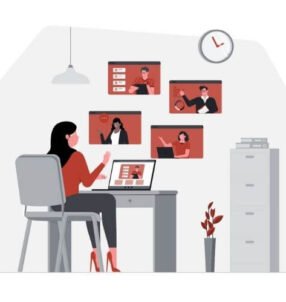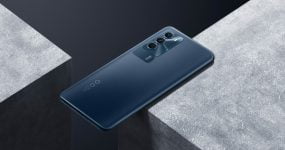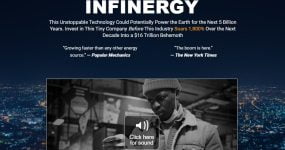
Hari Gottipati, an independent tech consultant, saw the future of shopping in 2013. In its annual update to the software for its mobile devices, Apple had just made it possible for its phones to allow super-precise location services-and that would be a major coup for the staid world of coupons.
While the global positioning system on your phone could reveal a particular store’s location closest to you, this new technology would go much farther. Advertisers would be able to determine exactly which aisle you are in. A merchant would need only beacons capable of communicating with the Bluetooth Low Energy technology on an iPhone, and shoppers would almost magically receive cereal coupons for the very boxes they happened to be viewing at that moment.
Consultant Gottipati advised retailers to get on board. Two years later, it doesn’t look as if many stores took his advice. “I go to a lot of malls, but I don’t see as many beacons as I expected,” he said. “It’s very disappointing.” Gottipati still favors the technology, which he now believes will be adopted more readily inside smart homes. There, beacons might turn off the lights when it senses that someone has left a room.
“People-associating it with Apple-expected it to work out of the box.”
(Also see: With iBeacon, Apple aims to guide you inside its stores and, soon, everywhere)
As the annual orgy of holiday shopping officially kicks off this week, many people who shared Gottipati’s enthusiasm two years ago echo his disappointment. A survey conducted by Forrester earlier this year found that only 3 percent of retailers use beacons; just 16 percent had plans to try the technology in the foreseeable future. When Reveal Mobile, an analytics company, did a census of beacons in US retail stores this spring, it found that Apple’s own stores accounted for about 15 percent of the existing beacons.
Companies that sell beacons and related services to retailers struggle to point to big success stories, even as boosters insist that the technology is on the verge of success. For the people who run startups such as Shopkick, InMarket, or Estimote, which are based on bets that beacons will soon be everywhere, the issue is more expectations than results. Sure, the startups admit, it’s been slow going, so far. But over the summer, both Facebook and Google announced new programs for their own beacons, joining Apple as tech giants behind the technology.
“They’re not ubiquitous yet, but they will be ubiquitous in a couple of years,” said Todd DiPaola, chief executive officer of InMarket. “Facebook shows this isn’t a fad.”
Part of the problem, in fact, might stem from Apple’s association with the public introduction of beacons. Steve Cheney, co-founder of Estimote, would prefer that everyone see Apple’s iBeacon effort as a mere developer protocol, not a finished product to transform shopping. “People-associating it with Apple-expected it to work out of the box, so to speak,” he said. “It is happening at about the pace we expected.”
(Also see: Google Launches Apple iBeacon Rival Eddystone; Unveils Nearby API)
The power of smartphones has tempted observers to predict other shopping revolutions that have yet to materialize.There was a moment when QR codes were thought to be on the verge of societal importance. The allure of mobile payments, the next big thing for years, was renewed with the release of Apple Pay last year; today people again question the underlying assumption that people need a more efficient payment form than a credit-card swipe.
Retail is an industry of fads. It has yet to be proven that beacons will be anything more than one of them. “Much of this chatter exists in a marketing-driven echo chamber,” wrote Krista Garcia, an analyst for EMarketer, in a report in August. “Real- world retail applications are sparse, and retailers’ test results have been kept under wraps, which could imply they aren’t worth bragging about.”
A basic question faces beacon boosters that’s familiar to pretty much every kind of advertising: Is the service just doing something advertisers crave, but which fails to inspire shoppers? Beacon companies insist they’re capable of connecting with consumers. Shopkick, a startup that operates beacons in such stores as Macy’s and American Eagle, says it recently ran a campaign that rewarded customers with loyalty points for visiting a dressing room in the store; the assumption is that people who tried something on would be more likely to make a purchase. This made people more than twice as likely to visit the dressing rooms, according to Shopkick.
Other companies say that location-specific coupons sent in conjunction with beacons are far more likely to be used than other marketing offers. At the same time, customers seem to have a very low tolerance for such messages. InMarket found that people basically stop using any app that sent them more than one message.
Even if you assume that people want their phones to light up with deals, several barriers face beacons. Customers must be willing to download an app that is set up to communicate with the beacons. This often means an app from retailers, hardly the most popular category in any app store. Some beacon companies have started using more popular apps such as Epicurious as gateways. At a more basic level, however, beacons can be received only by smartphone users who have activated Bluetooth, and surveys vary dramatically as to how many people have done this.
Nearly every startup that traffics in beacons claims to have retail partners that are using their technology without being willing to admit they’re doing so. While there’s reason to see this as a sign that results have been disappointing, another possibility remains: Some retailers might prefer to use beacons for something besides advertising. The technology can also assist in what people in the industry refer to as analytics-what normal people might recognize as surveillance.
Among clients of Kontakt.io, a company that sells beacons, data collection is more popular than advertising. “It’s exactly like a loyalty card,” said Trevor Longino, head of marketing. Some Kontakt.io clients are hesitant to bring much attention to these practices, he said, even though the company has permission to collect information. “Because it is a new technology,” Longino added, “it carries more fears.”
[“Source-Gadgets”]
| M | T | W | T | F | S | S |
|---|---|---|---|---|---|---|
| 1 | 2 | 3 | 4 | 5 | 6 | |
| 7 | 8 | 9 | 10 | 11 | 12 | 13 |
| 14 | 15 | 16 | 17 | 18 | 19 | 20 |
| 21 | 22 | 23 | 24 | 25 | 26 | 27 |
| 28 | 29 | 30 | 31 | |||



























